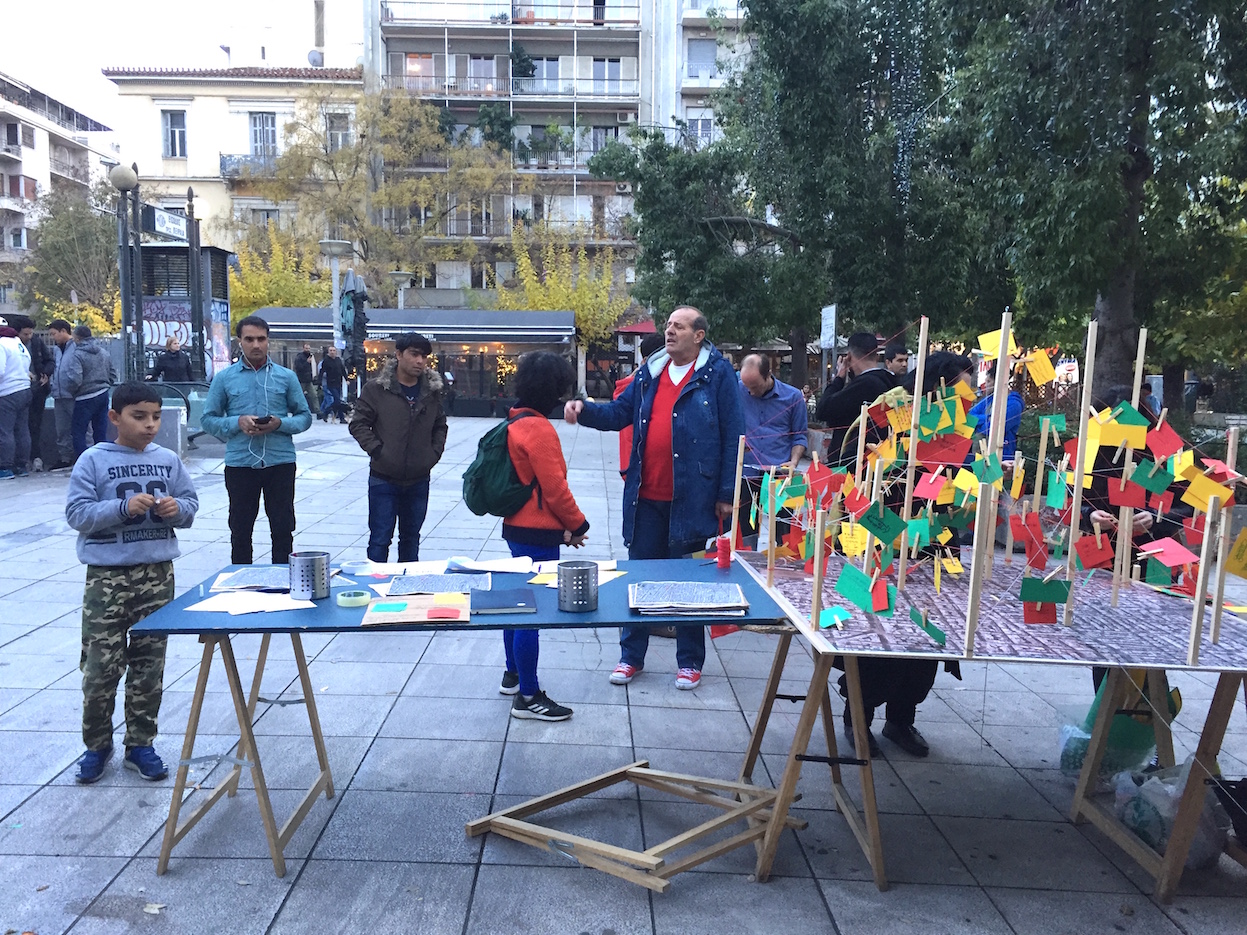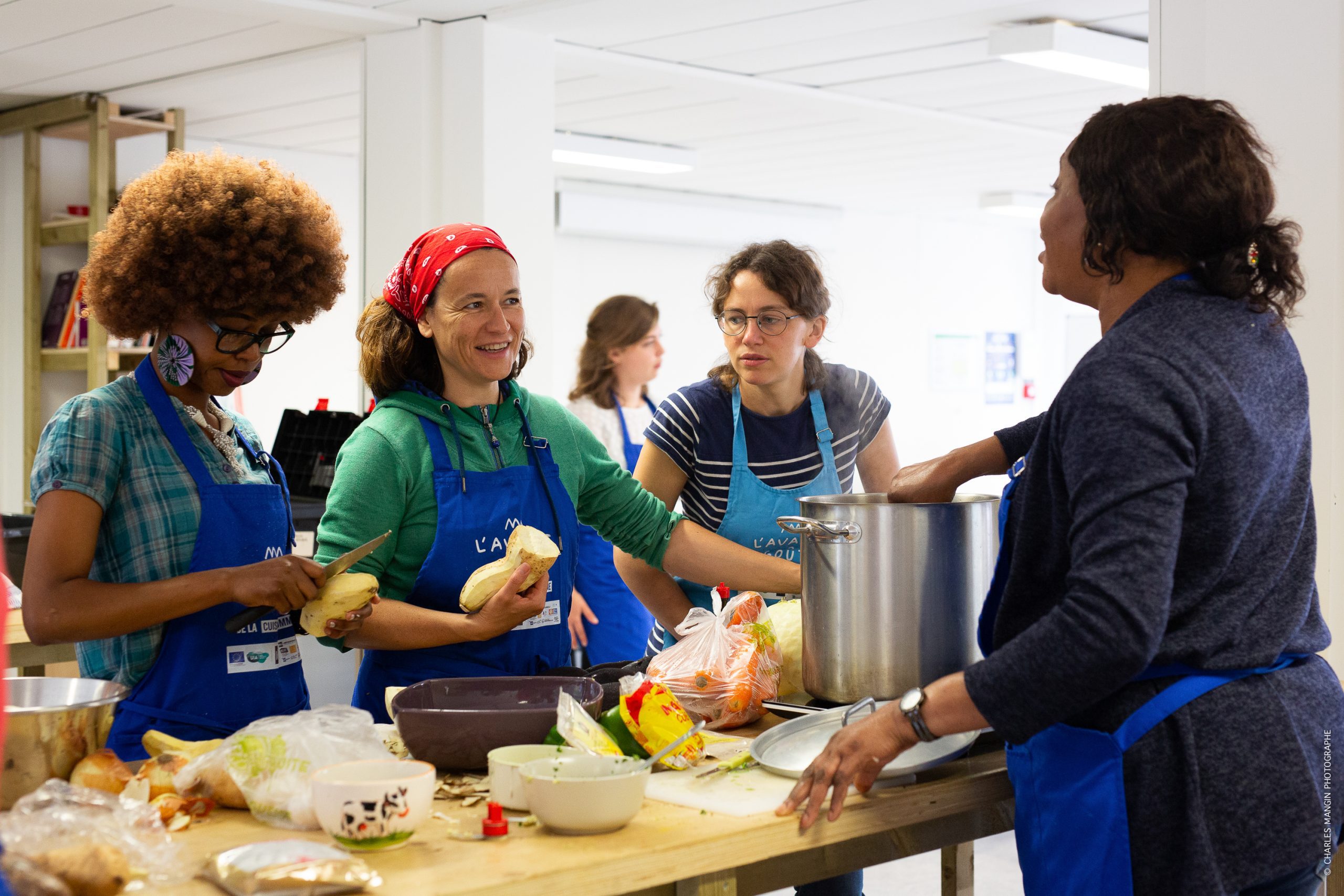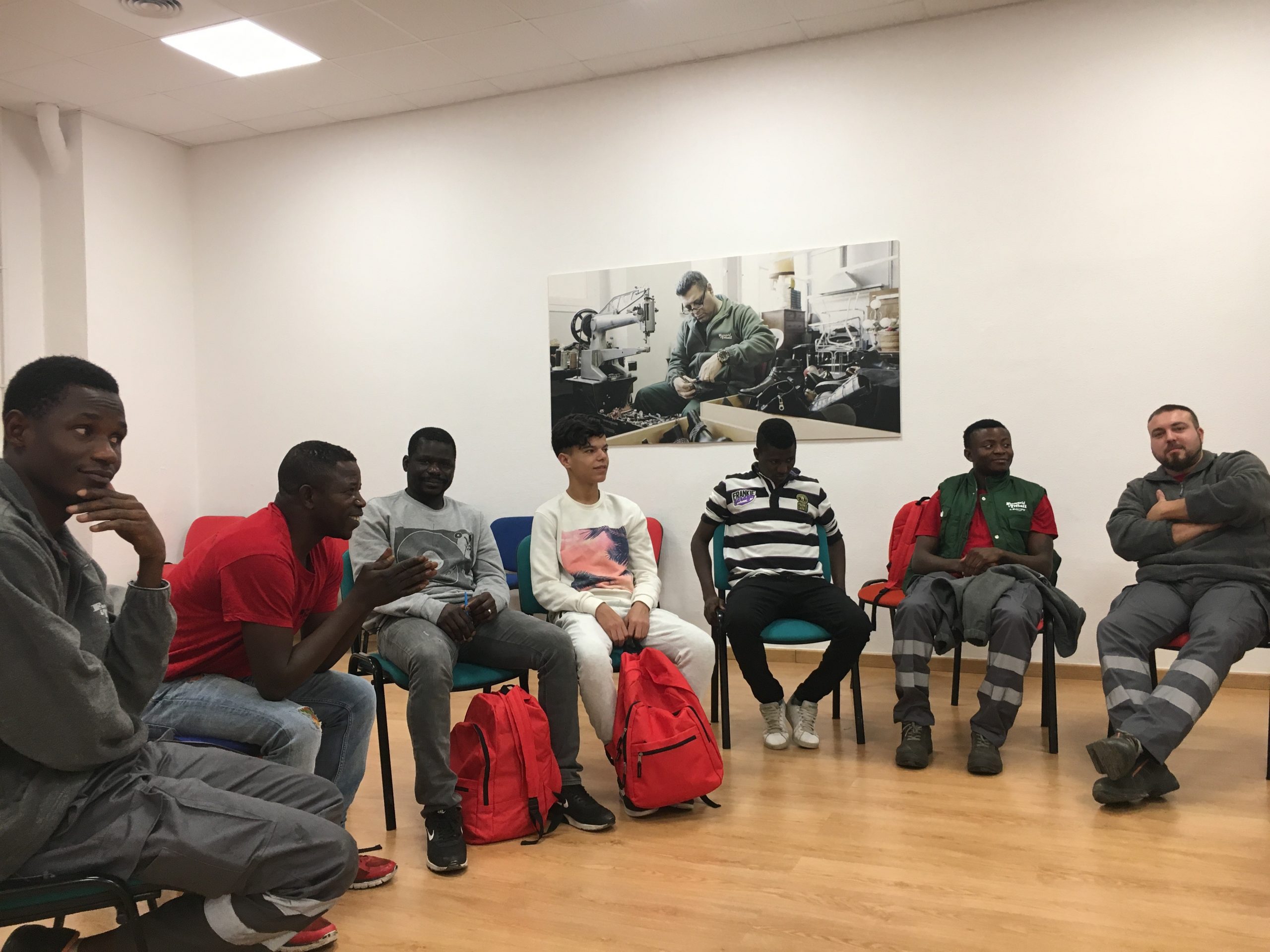In 2021, Europe is facing a number of challenges. The Covid-19 pandemic has brought to surface many structural problems in European societies, from climate change through innovation gaps to geopolitical tensions. Inequality is of key importance among these challenges: the gradual polarisation of European societies has brought us towards political populism, social exclusion and damaged welfare systems. To address some of these challenges, the European Commission identified “More Social Europe” as the 4th Policy Objective of its Cohesion Policy, in order to stimulate projects and policies that support social rights, quality employment, education, skills, social inclusion and equal access to healthcare. In order to be able to give adequate responses to these challenges, European cities need to innovate and find new solutions for old and new problems alike. Such opportunity to innovate is created by the Urban Innovative Actions programme that provides cities resources to enable experimentation.
Athens, Barcelona and Lille have all engaged in developing new responses to their social challenges. In the years after 2015, thousands of refugees arrived to Athens. Aspiring to become a real home for the newcomers, the City of Athens wanted to go beyond emergency relief and concentrate on the long-term integration of refugees. In order to achieve this, the UIA-funded Curing the Limbo project addresses the “limbo” effect created by the refugees’ long periods of inactivity with the help of an integration model that leads to individual autonomy instead of dependence on humanitarian programmes.

Barcelona’s response concerned another crisis, still ongoing in its effects: the 2008 economic crisis. Many families living in the Eix Besòs area in the North-East of the city are still suffering from poverty and insufficient welfare services. With the UIA project B-MINCOME, the Barcelona Municipality aimed to reduce poverty and combat social exclusion with the help of a guaranteed minimum income programme co-produced with NGOs and other social actors. Both Athens and Barcelona situated themselves in a policy gap, left behind by the inadequate or insufficient interventions of state and regional authorities that left refugees in Athens and poor families in Barcelona in uncertainty.
Similarly to Barcelona, Lille’s UIA project TAST’in FIVES focuses on the district of Fives, one of the most challenged areas of Lille, characterised by high levels of poverty, unemployment and social exclusion. Situated within the broader regeneration of a former industrial site, the project aimed to build a community kitchen at the site and develop food-related activities in order to create a virtuous system that promotes local economic growth, fosters training, stimulates social connection and encourages solidarity initiatives for nutrition and public health.

In its process to develop a productive and inclusive ecosystem around food, the TAST’in FIVES project relied on a transitional urban planning solution. The experiences of the preliminary project Avant-Goût helped preparing for the long-term future of the site. The temporary activities allowed the project to involve local stakeholders in the project, test uses, anticipate potential risks and explore governance models for the future local ecosystem. These experiments all provided relevant knowledge for the installation of Chaud Bouillon, a venue including a food court, a shared solidarity kitchen, a culinary incubator and an experimental agricultural greenhouse, supported by a business model mixing social objectives with economic sustainability.
In Barcelona, the introduction of a guaranteed minimum income model proved effective in improving the well-being of families and reduce their sense of insecurity. The involvement of various social entities and community organisations in the programme had a positive effect on local residents’ community participation and a sense of belonging to the neighbourhood. Furthermore, the integration of guaranteed minimum income in the broader policy environment helped the city in creating an integrated approach to social welfare, rationalising and unifying municipal benefits, developing a new role between social workers and service users, and designing and implementing a new citizen currency. The community-led approach of the programme and the involvement of neighbourhood-based social entities allowed non-public actors to take a more active role in the implementation of welfare services.

In order to offer a complex trajectory for refugees, Athens’ Curing the Limbo project created an integration model combining access to housing with education, employment and community activities. Besides developing a community hub to provide a unique educational offer and access to housing, the project also sought to reduce the isolation of refugees and to help them create new bonds with the local population, with the help of actions to improve the urban environment, co-designed by refugees and local initiatives. Curing the Limbo is also characterised by a series of micro-innovation, ranging from new education methods nurturing cultural, linguistic, communicative and technological diversity, through a psycho-social service aiming at empowering refugees through building their autonomy, to the social rental agency model developed for the project’s continuation.
Many of the policy learning points of the projects developed by Athens, Barcelona and Lille reflect the opportunities offered to them by the UIA programme. Support from UIA, in the form of facilitation and expertise was considered fundamental to the success of the projects. The opportunity to create a local consortium has prompted municipalities to form new partnerships, develop new modalities of cooperation with social and community-based entities and involve stakeholders that are traditionally not connected with any forms of public action. The flexibility of the funding and the possibility to adjust the programme at all stages enabled cities to follow an “action-research” model (Athens) or a “trial and error”’ process (Lille), allowing them to take risks and experiment with not-yet-proven solutions. The UIA programme has proven a key actor to unlock innovation in European cities. In order to help Europe face its challenges and engage in a more social, more just green transition, multiplying and upscaling these logics of partnership and experimentation will be of great importance.
This article was first published at the Urban Innovative Actions website as part of a report of the first UIA-UDN webinar.

